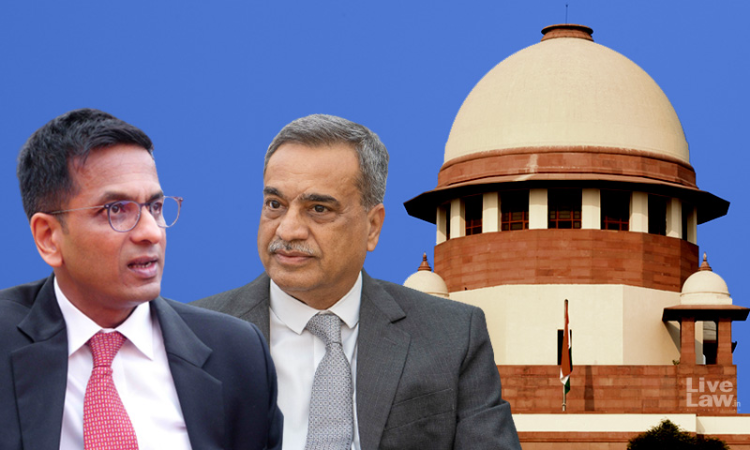The Supreme Court has observed that lack of a legislative voice on the issue of validity/invalidity of ipso facto clauses relating to insolvency will lead to confusion and reduced commercial clarity.The bench comprising Justices DY Chandrachud and MR Shah observed thus while upholding the order of the National Company Law Tribunal which stayed the termination by the Gujarat Urja Vikas...

